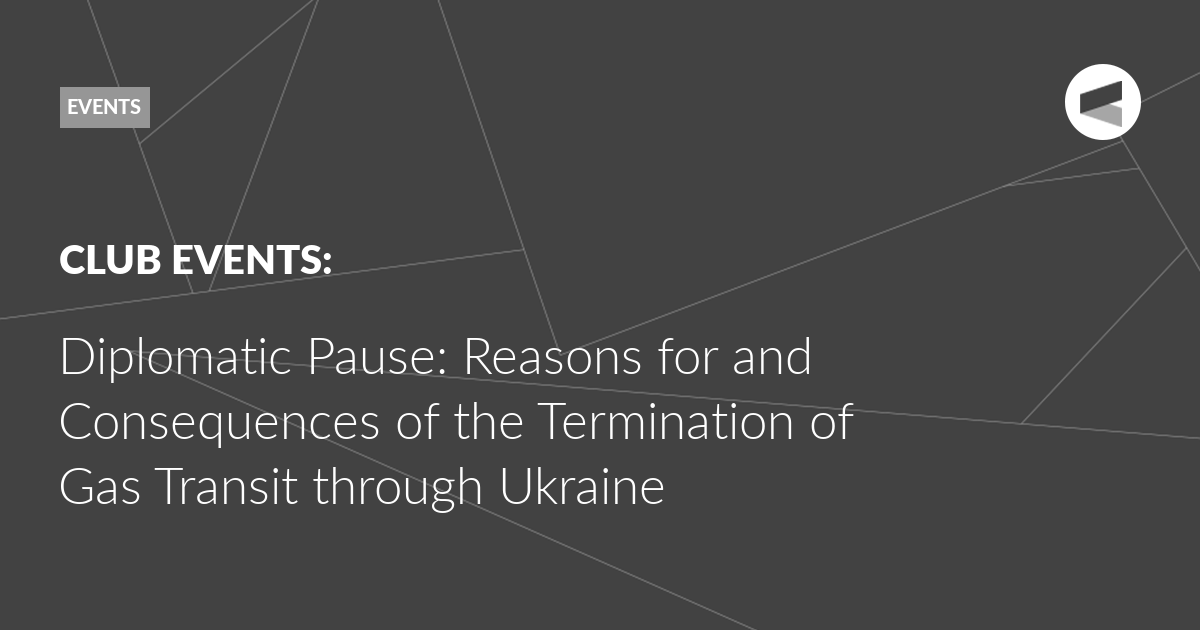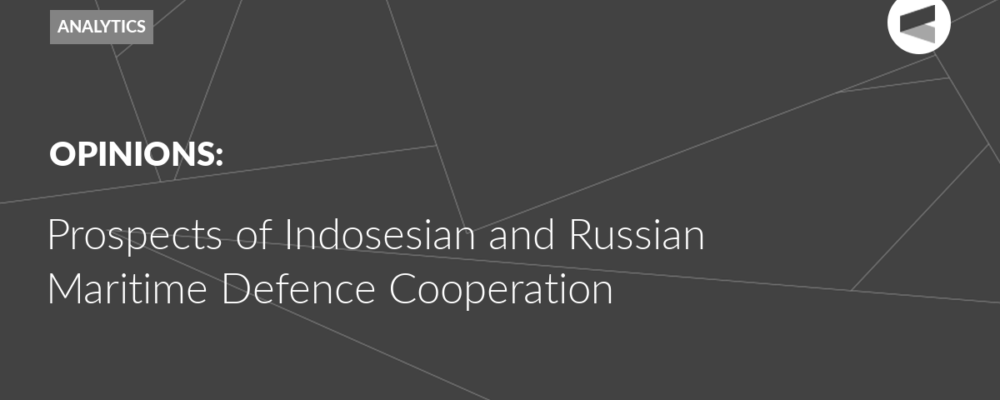On January 16, 2025, the Valdai Club hosted an expert discussion dedicated to the situation on the EU gas market after the termination of transit through Ukraine. Anton Bespalov, the moderator of the discussion, noted that over the past three years, the situation on the gas market has undergone tectonic changes. At one point, Western public opinion was frightened by the weaponisation of Russian energy supplies to Europe, but today it is the West that is waging an energy war against Russia. For years, Russia has been trying to shed its dependence on Ukrainian gas transit, and today Ukraine and Europe are presenting its termination as their victory. According to the European Commission, the European Union is well prepared to terminate the transit, but many in the EU do not agree with this and expect severe economic consequences.
Jan Čarnogurský, a member of the board of directors of the Pan-European University of Bratislava, suggests that the termination of Russian gas transit through Ukraine will greatly harm Slovakia, which relied on the route for 90 percent of its gas needs. The country will survive this winter and in the near future thanks to full gas storage facilities and the Turkish Stream, but the latter’s capacity is definitely not enough for all the countries that wish to access it. Slovakia can only receive a third of the gas it needs through it, Čarnogursky emphasized. In this regard, Slovakia is capable of responding harshly to Ukraine’s cessation of transit. Prime Minister Robert Fico has threatened to stop supplying electricity to Ukraine. Moreover, according to Čarnogursky, it may be a question of Slovakia or Hungary refusing to support another extension of European sanctions against Russia.
Alexey Grivach, Deputy Director General of the National Energy Security Fund, called what is happening part of a diplomatic game, or rather a diplomatic pause, related to the change of power in the United States. “From the point of view of energy security, this is only a critical issue for gas supplies to Moldova and Transnistria,” he added. For Europe, the consequences may become significant if the gas in storage facilities is used up. Azerbaijani gas was presented as a panacea for part of Europe, but now there are problems with its supply. Grivach does not believe that the history of Ukrainian transit is completely over and allows for new negotiations in the future. Speaking about the issue of “Europe’s dependence on Russian gas”, he emphasized that this dependence was greatly exaggerated. In reality, it was bilateral, that is, in essence, it was not a dependence at all, but a long-term mutually beneficial multilateral relationship. Now its foundation has been destroyed, largely due to the efforts of Brussels. Nevertheless, geography will sooner or later force the parties to sit down at the negotiating table and find mutually acceptable solutions for new, mutually beneficial relations, the analyst is convinced.
Gabor Stier, the head of the foreign policy department of the Hungarian newspaper Magyar Nemzet, pointed out that the stoppage of transit was not unexpected and did not threaten the immediate energy security of the region. From an economic point of view, it, of course, somewhat worsened the situation of all its countries, but has seriously affected only one country – Slovakia. However, in his opinion, the political consequences are more important and should be considered separately. “This unfriendly step by Kiev demonstrates the West’s aspirations in the energy issue,” he believes. It is not without reason that Hungarian Foreign Minister Péter Szijjárto said that Kiev’s decisions, despite its status as an EU candidate, are harmful to Central Europe and that more expensive and unreliable energy supply methods should not be imposed on other countries. At the same time, Stier emphasized that Hungary rather benefits economically from this situation, which allows it to play the role of a gas hub. As for the political point of view, for Budapest this is a question of sovereignty. “Nobody can tell us where to buy gas,” Stier said.
The Valdai Discussion Club was established in 2004. It is named after Lake Valdai, which is located close to Veliky Novgorod, where the Club’s first meeting took place.
Please visit the firm link to site






